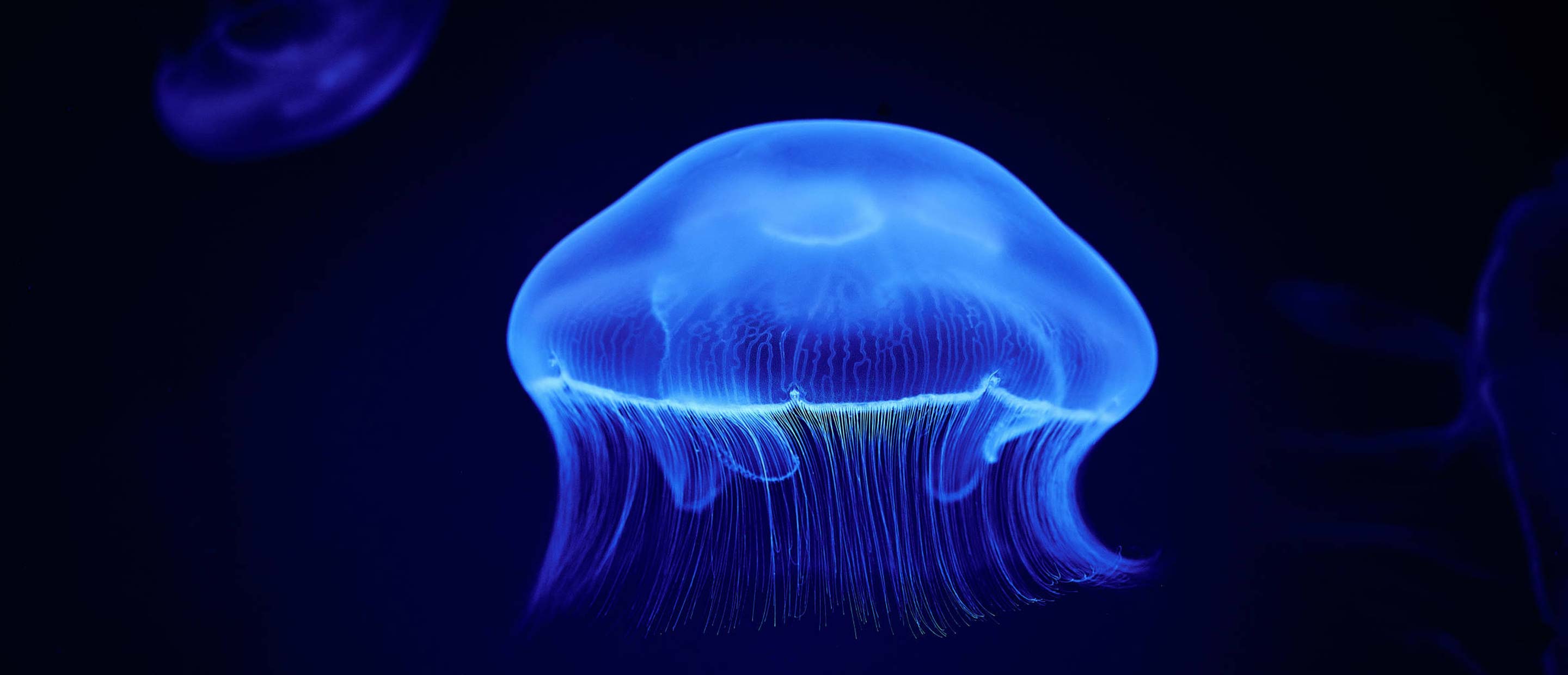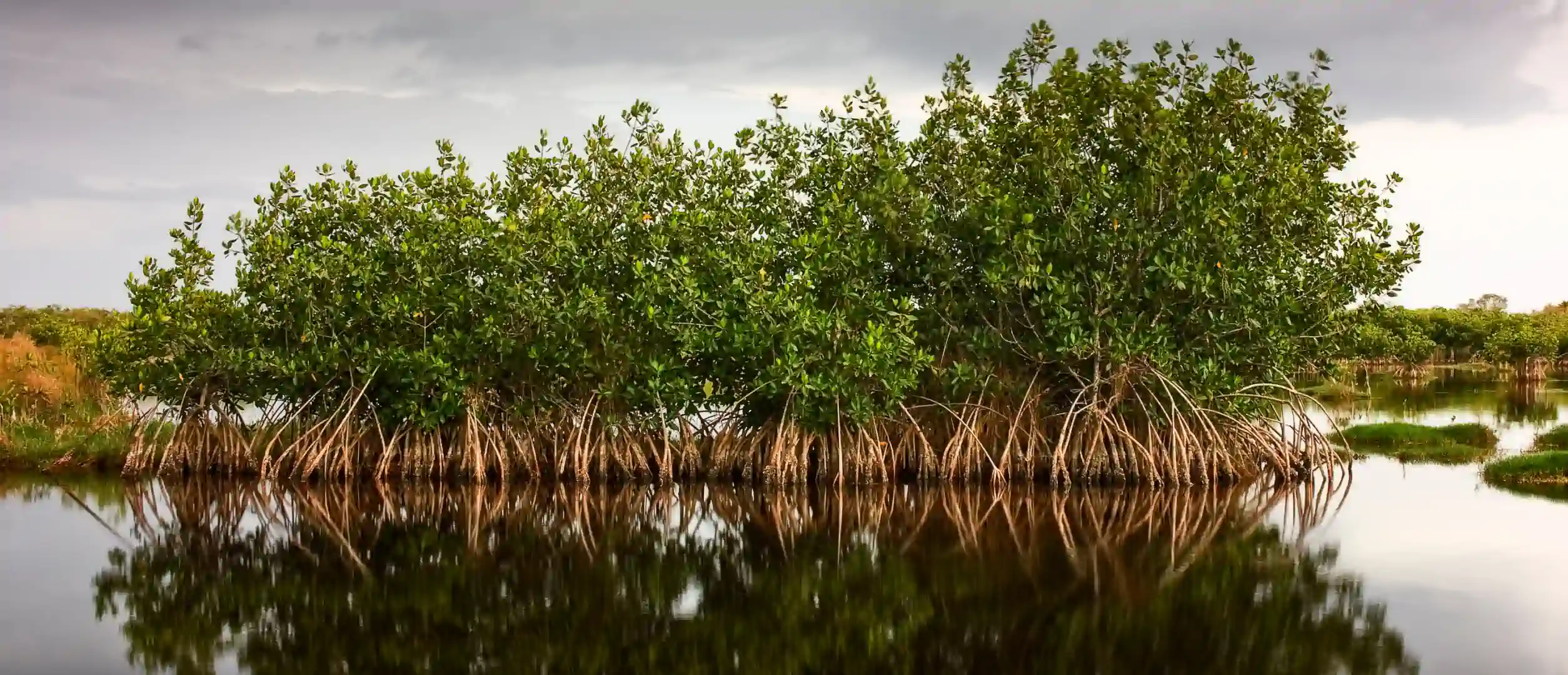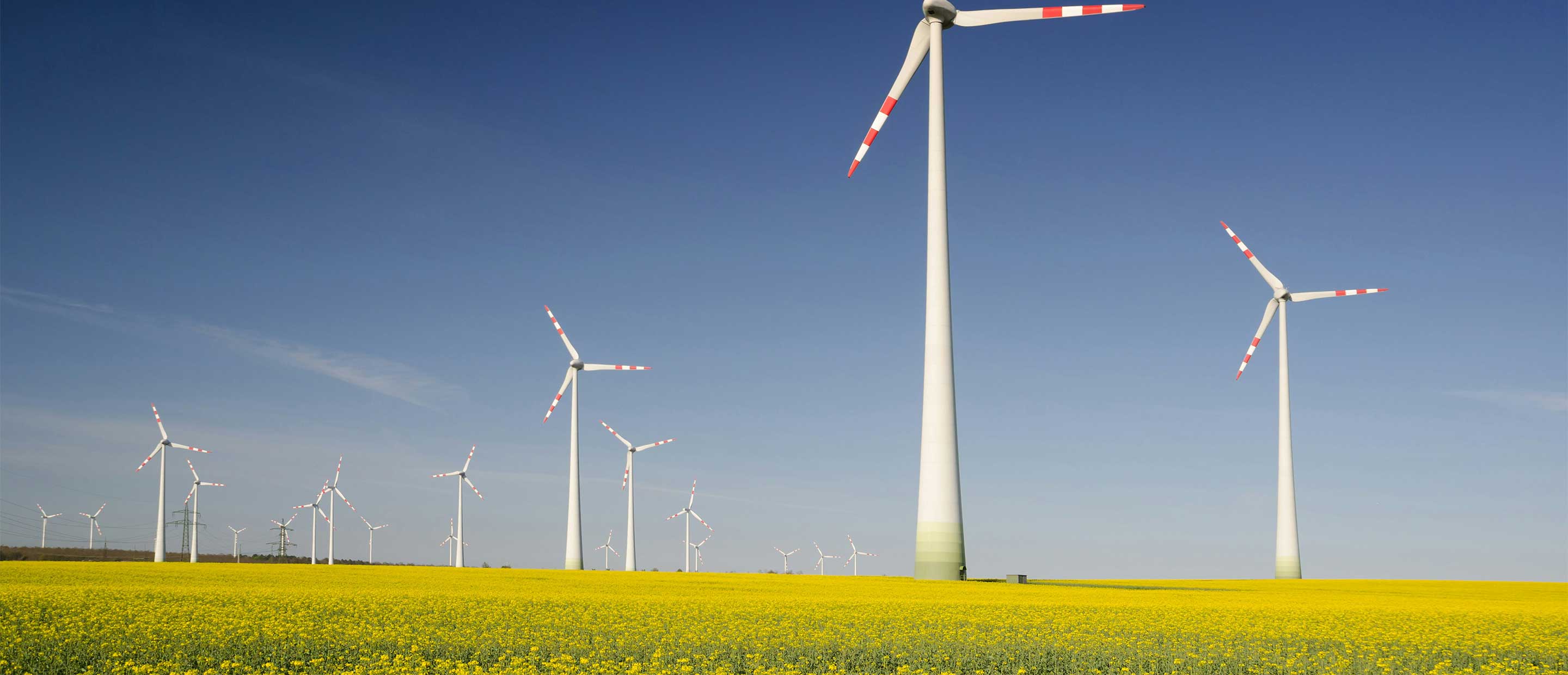What is the role of banks in driving the economic transformation towards sustainability? And how might working with nature provide the answers? Muriel Danis, Global Head of Product Platforms and Sustainable Solutions, and Markus Müller, Chief Investment Officer ESG and Global Head CIO Office, explain in this continuation of an interview from WERTE #26.
Tim Farin: Deutsche Bank is a founding member of the Net Zero Banking Alliance. It’s interesting that banks are cooperating in an international public framework. Shouldn’t they be competitors?
Markus Müller: Cooperation may be more effective than competition, especially in transformation. The Glasgow Financial Alliance for Net Zero, initiated by Mark Carney before the COP26 in that city, is a trigger point for this. As banks we need a marketplace where we share knowledge, best practice and information on failures. The goal is to manage a transformation towards an economic model that takes ESG into account. If we don’t act jointly and act under a common methodology, the stakes for society are high. For instance, we know that 70 per cent of our CO2 footprint come from 1 per cent of the companies in our balance sheets. How do we decarbonize these companies? We need to talk about this. Banks have a responsibility that calls for cooperation.
What does Deutsche Bank’s membership in ORRAA result in?
Markus Müller: ORRAA is an organization that brings together governments such as Canada’s and the UK’s, fellow corporations such as AXA, and ourselves as the banking lead. Multiple NGOs with deep knowledge of oceans and nature are also members. All of us are complementary and share the goal of protecting the oceans. For us, this is also a question of sustaining business, because the vast majority of companies are dependent on the Ocean in one way or another. They just don’t know it.
Muriel Danis: ORRAA offers access to financial flows for network members, and this is where we fit in. There’s a strong need to direct funding to partners and projects that will be critical to achieve biodiversity in the seas. ORRAA has constituted a financial facility whose purpose will be to direct funding to these Nature as Capital, blue economy initiatives that need access to financial markets.
There’s a strong need to direct funding to partners and projects that will be critical to achieve biodiversity in the seas.
Muriel Danis
ORRAA is an example of an initiative focusing on biodiversity. How can biodiversity become part of banking?
Markus Müller: Many financial players like to take pride in their diversification, but the real inventor of diversification is nature. Again, I like to use the approach of Nature as Capital. Biodiversity exists in natural assets like forests, oceans or freshwater reservoirs. Protecting these natural assets means protecting species. Using natural accounting, we will understand that harm to natural assets brings a decline in biodiversity and threatens our economy. I believe that we need much stronger biodiversity literacy. With this knowledge, it becomes possible to demonstrate that companies risk massive losses if they fail to adapt to biodiversity policies. One such example we have demonstrated with Cambridge University is the tremendous risk for fertilizer companies if they fail to comply with the EU Farm to Fork strategy.
Muriel Danis: However, translating biodiversity into investment products is challenging, everything is still under development. There’s a constant dialogue between Markus and my team to understand how we can include the concept of biodiversity to the benefit of our clients. We need to watch the markets across the entire investment spectrum. In this context, we typically act in private markets or with early-stage companies at increased risk. This means we need to balance the sustainability preferences with the risk profile of our clients. Focusing more on biodiversity will be very much a phased approach.
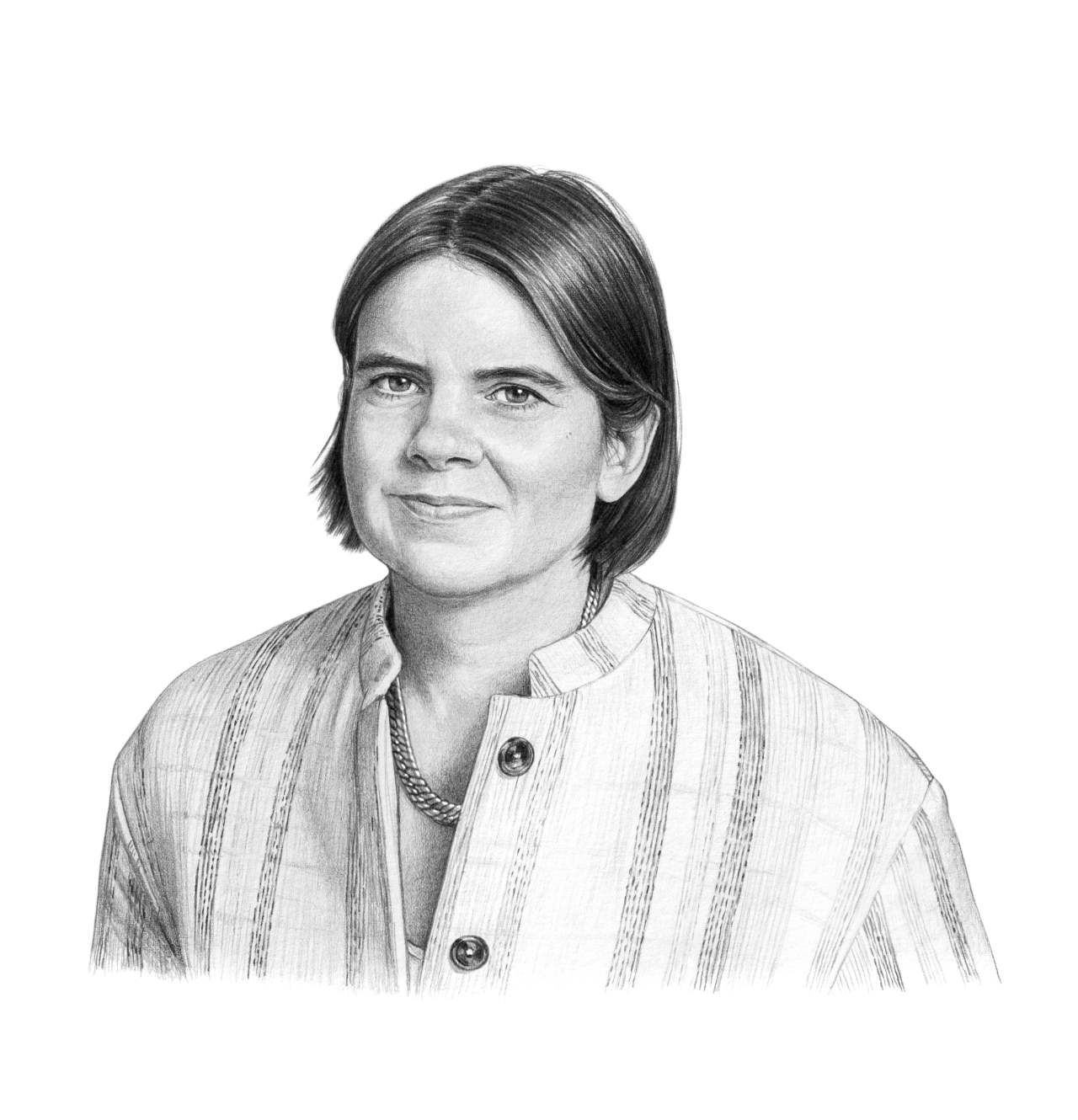
Muriel Danis
Muriel Danis is Deutsche Bank’s Global Head of Product Platforms and Sustainable Solutions. In her position, Danis is responsible for the development of the bank’s product and services platforms across the International Private Bank’s client segments. She joined Deutsche Bank in March 2022 with more than 22 years of experience in the financial market, most recently as Global Chief Operating Officer in the Wealth Management division’s Product and Investment Groups at HSBC in London
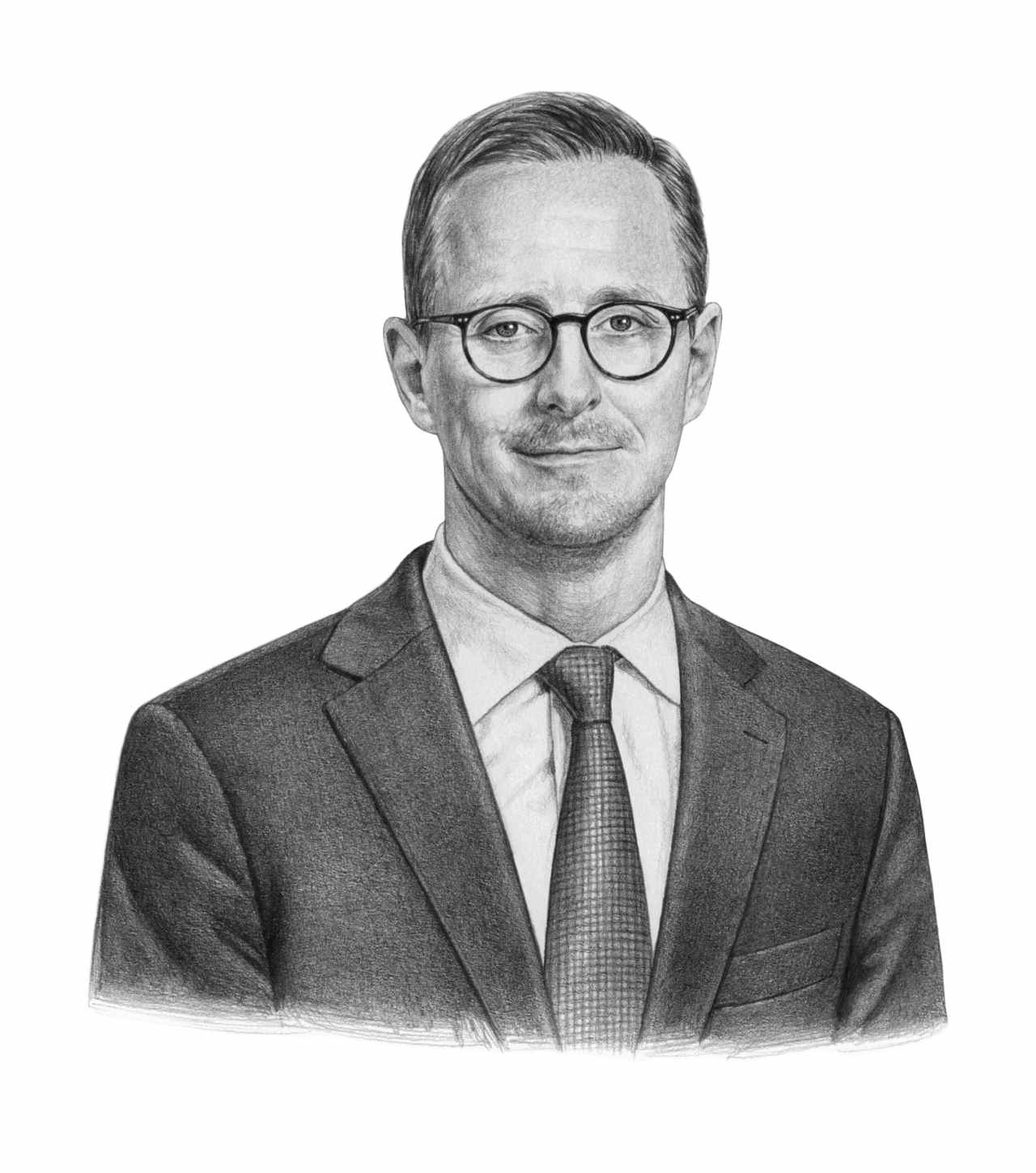
Markus Müller
Markus Müller is Deutsche Bank’s Chief Investment Officer ESG, a position that he took on in July 2022 in addition to his role as Global Head of the CIO Office for the Private Bank. Müller studied at the University of Münster and worked as a scholar at Frankfurt School of Finance & Management, the University of Bayreuth and Banking and Finance Academy of the Republic of Uzbekistan. Müller has also published articles and books on ESG and economic transformation
